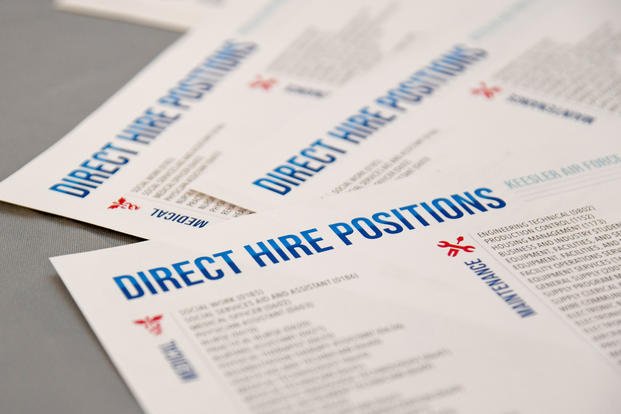A recent column in Time featured the following quote from a job seeker: "I've sent out maybe 4,000 to 5,000 resumes, all over the world. This is my full-time job. I do it seven days a week. I've got 2,300 rejection letters sitting in my computer; the rest didn't even bother to respond. "
It's a stark summary of a failed job search, but one that offers an important lesson: The job market has never been tougher ... and the old ways of looking for a job never more inadequate. In today's fickle economy, you have to do more than put a checkmark in the Done box.
This person has the right outlook. Searching for a job is "a full-time job." But that phrase now has an entirely new meaning. Historically, doing a job was simply a matter of meeting the requirements specified for satisfactory performance. These standards were usually detailed in a position description or union contract. They defined the minimum and maximum effort an employer expected of an individual worker.
Today, in contrast, those standards define only the minimum. In effect, employers want more. They are now looking for superlative performance. They expect you to fulfill the minimum requirements, plus make the maximum contribution possible. Accomplish the first, and you're getting the job done; accomplish the first and the second, and you're doing superlative work. The former may make you feel good, but only the latter will make an employer feel good about you.
The same is true of a job search. Meet the minimum requirements -- sit at your computer for eight hours and shoot out hundreds or even thousands of resumes -- and you can tell yourself that you've put in a full day's work in your hunt for a job. That may make you feel as if you've done your part, but it's unlikely to make a significant impact on employers.
What should you be doing? I think you need to double down on your job search.
The Job Search Double-Down
In poker, doubling down means to double your bet. It doesn't increase your odds of winning, but it does increase the pot if you win. In a job search, to double down means to double your bet, as well. The goal, however, is not only to increase the size of the pot, but also to double your odds of winning the job you want.
There are two equally important actions involved in doubling down in a job search.
- First, you have to increase the potential value you offer to an employer.
- Then, you have to increase the odds that an employer will recognize that potential.
Here's how you do it.
Action 1. Enroll in an academic course or training program at the same time you launch your job search. Figure out what skills and knowledge will most enhance your perceived value as an employee and go to work on acquiring them.
In addition, note the effort you're making to upgrade your expertise on your resume. Enter the name of the institution or organization that's providing the instruction, the name of the course you're taking and the word, "Ongoing. "
That information, of course, has to be true. But assuming it is, your entry tells an employer two things about you that will help you stand out from the crowd. It signals that you recognize the importance of keeping your skill set updated and that you take personal responsibility for doing so. In effect, you've added "conscientiousness" and "initiative" to your list of competencies, and those traits double down your worth to an employer.
Action 2. Practice the Application Two-Step. Don't apply for every opening for which you're even remotely qualified, but instead, focus on a limited number where you are a perfect fit.
For each of those optimum opportunities, execute Step 1 and apply for the opening exactly as the employer specifies. Demonstrate your interest in the position, but do so by signaling that you can follow directions and won't, therefore, complicate matters for the recruiter.
After that, execute Step 2. Start networking online and off. Reach out through social media sites, your professional association, the alumni organization at your college and anyplace else you can think of where you might find a contact in the organization with the opening.
Making such connections is hard work and making them work effectively for you is even harder, but done well, you will find someone who is willing to walk your resume into the employer's human resources department and put it on the recruiter's desk. That will help your resume stand out from the crowd, and the resulting visibility will double your odds of being considered for the opening.
As with poker, doubling down won't guarantee that you win the job of your dreams. It will, however, double both your potential value and your visibility to employers. Those outcomes raise the ante for you and make your job search a much safer bet.
Peter Weddle is a veteran as well as the author or editor of more than two dozen employment-related books.
Want to Know More About the Military?
Be sure to get the latest news about the U.S. military, as well as critical info about how to join and all the benefits of service. Subscribe to Military.com and receive customized updates delivered straight to your inbox.











